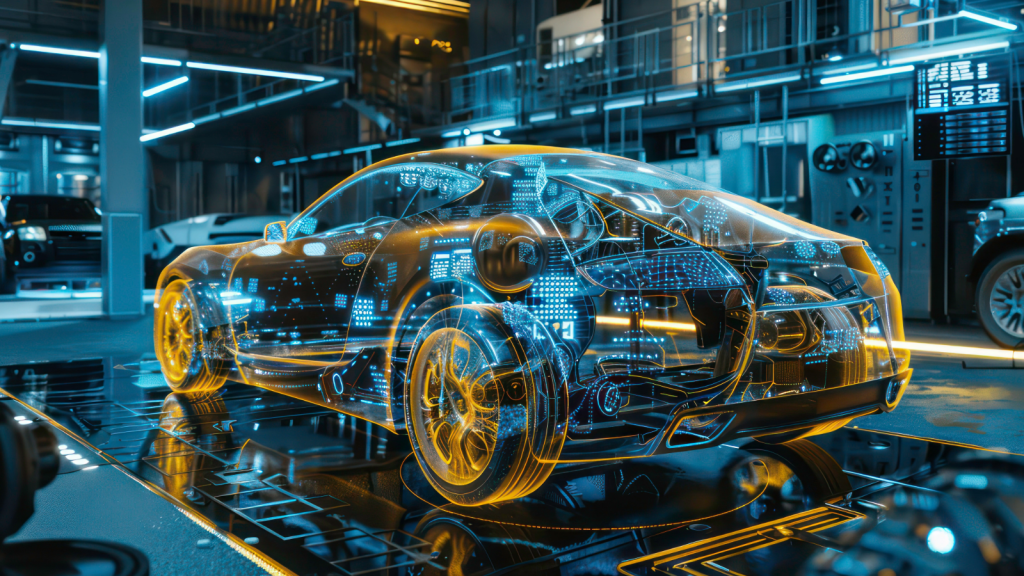The rapid advancement of technology is reshaping our world, with artificial intelligence (AI) at the forefront. While many AI developments remain largely intangible, one transformative technology is rapidly becoming a tangible reality: the autonomous vehicle.
This isn't a futuristic fantasy; it's already here. Recently, a personal experience highlighted this shift. A late-night arrival at Phoenix Sky Harbor International Airport led to a ride-hailing experience unlike any other. The vehicle, a Waymo autonomous car, seamlessly navigated Phoenix traffic, transporting me home without a human driver. This wasn't an isolated incident; Waymo, Alphabet Inc.'s (GOOG) self-driving division, is currently delivering over 150,000 autonomous rides weekly across Phoenix, San Francisco, and Los Angeles â a significant increase from approximately 50,000 just months prior. This rapid expansion shows no sign of slowing, with plans to expand service to Austin and Atlanta in the near future, and the recent addition of highway driving in Phoenix. Further cementing Waymo's progress is a recent $5 billion investment from Alphabet, suggesting significant confidence in the future of the technology and a potential expansion to every major US metro area by the end of 2025. The company has also partnered with Uber Technologies Inc. (UBER) to deliver food autonomously via Uber Eats in selected locations.
This progress isn't limited to Waymo. Aurora Innovation (AUR), a prominent autonomous trucking company, is collaborating with industry giants such as Paccar, Volvo, and Uber Freight. They, along with Kodiak Robotics, are poised to launch fully autonomous trucking operations (without safety drivers) in Texas later this year, marking a significant step towards driverless freight transportation. Furthermore, Baidu (BIDU) in China operates Apollo Go, a comparable autonomous ride-hailing service completing nearly 100,000 rides per week. Tesla (TSLA), under Elon Musk's leadership, recently unveiled the Cybercab and Cybervan, autonomous vehicles designed without steering wheels, signifying a bold vision for the future of the company.
The confluence of these developments paints a clear picture: the age of autonomous vehicles has arrived. With major players rapidly scaling their operations and expanding into new territories, the widespread adoption of this technology seems inevitable. The regulatory landscape is also shifting; reports suggest that incoming administration policies may ease federal regulations surrounding self-driving vehicles, further accelerating deployment across the United States.
This rapid advancement presents substantial opportunities. The global transportation services market is valued at over $7 trillion, and autonomous vehicles are poised to revolutionise this industry, potentially impacting trillions of dollars in global economic activity. While Alphabet (through Waymo) and Tesla are obvious beneficiaries, the potential for investment extends beyond these established players. The significant disruption and potential for growth in this sector should create compelling opportunities for investors.
The rapid growth of autonomous vehicle technology suggests 2025 could mark a significant tipping point for mainstream adoption. While challenges remain, the current trajectory indicates that self-driving cars, trucks, and potentially buses, will increasingly become commonplace, transforming global transportation as we know it.
Article
Business

Self-Driving Cars: 2025 â The Tipping Point?

